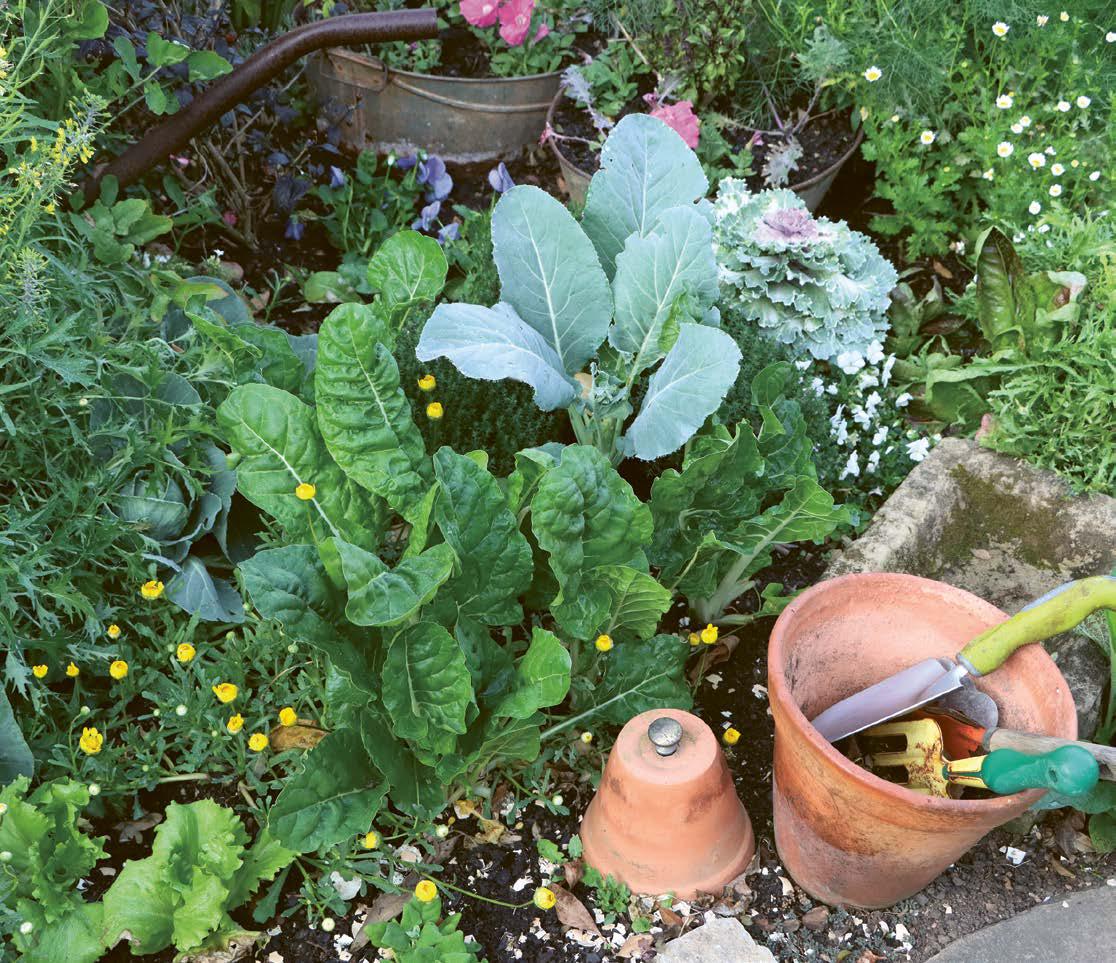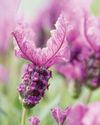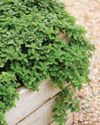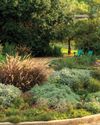
It is probably safe to say that most veggie gardeners practice companion planting in one way or another. It could be as basic as planting basil and tomatoes together, using nasturtiums as a trap crop for aphids or planting a border of marigolds to repel insects.
But did you know that you can take companion planting to another level? It is called polyculture, which means planting a mix of crops in a single space. It is an age-old practice that predates monoculture (single cropping) that was introduced with the advent of large-scale mechanised agriculture.
All the basics of companion planting apply in polyculture, such as using plants that have a beneficial effect on nearby plants, add nitrogen to the soil, as well as plants that either repel insects or attract pollinators and other beneficial insects.
But there is a difference. While companion planting will focus on a specific crop and companion plants that can be grown with it, polyculture looks at creating an eco-system in the same space by combining different plants that are of benefit to the whole.
The objective of polyculture is to make better use of space on a continuous basis, with greater biodiversity that leads to more stable yields.
An often-quoted example of polyculture is the 'three sisters' method of planting. It consists of maize that supports the climbing green beans, which in turn fix nitrogen in the soil and trailing squash (butternut or pumpkin) that provides shade for the roots of the maize and beans and supresses weeds.
Getting started
Polyculture can be applied to any space; a single bed or a whole veggie garden (once you get the hang of it) and even vegetables grown in containers. It can be extended to the flower garden too.
هذه القصة مأخوذة من طبعة July 2023 من The Gardener.
ابدأ النسخة التجريبية المجانية من Magzter GOLD لمدة 7 أيام للوصول إلى آلاف القصص المتميزة المنسقة وأكثر من 9,000 مجلة وصحيفة.
بالفعل مشترك ? تسجيل الدخول
هذه القصة مأخوذة من طبعة July 2023 من The Gardener.
ابدأ النسخة التجريبية المجانية من Magzter GOLD لمدة 7 أيام للوصول إلى آلاف القصص المتميزة المنسقة وأكثر من 9,000 مجلة وصحيفة.
بالفعل مشترك? تسجيل الدخول

FIRE AND Feathers!
On a dreary winter's day, a screen of fiery and feathery leaves puts up a fight against dullness!

GET THE ladies in!
At this time of year, early-flowering shrubs vie with each other to get the most attention. We say: Trust those with female names for frills and butterflies. They go the extra mile to flower their hearts out.

Vegetable Soups and dumplings
Vegetables make the most delicious soups and classic combinations are always a winner.

Yummy sweet potatoes for your good health
Boiled, baked or braaied, sweet potatoes (Ipomoea batatas) are a delicious and healthy winter comfort food. Just a dollop of butter, a little seasoning and you are good to go.

Pretty and functional
If cooking is your main thing, you would probably be more interested in the culinary value of the three herbs and some of their varieties we are describing.

Dried Seedheads & Pods
Autumn and winter are the best times to see what flowers produce the best seedheads that can be left on the plants to feed the birds and bugs and for harvesting for dried arrangements.

SO MANY FACES and so many choices...
Whoever associated a Cotyledon orbiculata (pig's ear) with the ear of a pig obviously did not know about all the varieties and cultivars this species in the genus Cotyledon has.

COLOURFUL Cold Weather WINNERS!
If it comes to a vote, these dependable shrubs will be the top candidates for prime performance in winter and in other seasons...

What makes a garden sustainable?
It is interesting to note that the United Nations defines sustainable development as: “development that meets the needs of the present without compromising the ability of future generations to meet their own needs”.

Nurturing NATURE-The Story of Kraal Garden's Transformation
Nestled within Prince Albert's rustic embrace lies a gem that is a testament to the transformative power of human vision and nature's bounty.